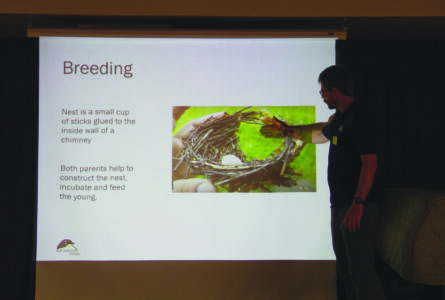Counties left out of marijuana payments
Despite stores, Delta and Menominee will not receive funds
LANSING — Neither Delta County nor Menominee County nor the communities within them will be among the 62 cities, 15 villages, 33 townships and 53 counties receiving payments from the Marihuana Regulation Fund this week. For the state of Michigan’s 2021 fiscal year, each eligible municipality and county will receive $56,453.44 for every licensed retail store and microbusiness located within its jurisdiction, but neither county has stores that qualify.
While retail marijuana stores exist in both Delta and Menominee counties — Lume in Escanaba and The Fire Station in Harris — the stores are operated on tribal lands, making them exempt from the state’s recreational marijuana law and any tax reimbursement.
Muller Township in Schoolcraft County will receive $56,453.44. The county will receive an equal amount.
Elsewhere in the Upper Peninsula, Marquette County will receive $508,081. Payments to municipalities are $225,814 to the city of Marquette, $112,907 to Negaunee Township, $112,907 to Sands Township and $56,453 to Marquette Township.
Dickinson County and the city of Iron Mountain will each receive $112,907 in adult-use marijuana distributions under Michigan’s Regulation and Taxation of Marijuana Act.
Houghton County and the city of Houghton will each receive $169,360, as will Chippewa County and the city of Sault Ste. Marie.
Alger County and the city of Munising will each receive $56,453.
Iron County will receive $169,360. Municipalities in the county getting payments are the city of Crystal Falls, receiving $112,907, and Mastodon Township, $56,453.
“The Michigan Department of Treasury will distribute these dollars as soon as practical to eligible local units of government,” State Treasurer Rachael Eubanks said. “The doubling of this year’s payment amounts will have a larger impact on local government budgets.”
Revenue was collected from 374 licensees among the state’s cities, villages and townships during the 2021 fiscal year. Some of these municipalities host more than one licensed retail store and microbusiness.
For the 2021 fiscal year, more than $111 million was collected from the 10% adult-use marijuana excise tax. In total, there was $172 million available for distribution from the fund. State law outlines how much is distributed.
Aside from the more than $42.2 million in disbursements to municipalities and counties, $49.3 million was sent to the School Aid Fund for K-12 education and another $49.3 million to the Michigan Transportation Fund.
In total, more than $1.1 billion in adult-use marijuana sales was reported for fiscal year 2021.
“It’s rewarding to see that the agency’s balanced regulatory approach is effectively protecting consumers while still allowing Michigan businesses to grow and thrive,” Marijuana Regulatory Agency Executive Director Andrew Brisbo said. “The funding provided directly to local governments — and the thousands of jobs created across the state — show that Michigan is leading the way in the cannabis industry.”
For more information about adult-use marijuana tax distributions — including a breakdown of how much municipalities and counties received — go to Michigan.gov/RevenueSharing. To learn more about Michigan’s adult-use marijuana industry, go to Michigan.gov/MRA



